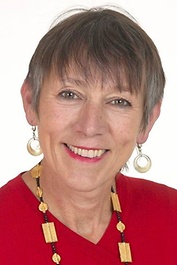Virginie Griess-Traut born Colmar, Lorraine, France October 18, 1814 (d. 1898). Leading French woman pacifist. Spent 25 years in utopian socialist Fourierist colony, Algeria, 1849-74. Member of International League for Peace Freedom, 1869. Published Manifesto of Women against war, Geneva, 1877. Proposed international arbitration committee to ensure Afghan independence, 1885. Member of French Society for Arbitration, 1889; Committee of the Society of Peace, 1889. Chaired Association of Women for Peace; Vice-President, Society for Peace through Education. Promoter and benefactor of International Peace Bureau, the first peace information clearing house, Geneva, 1891.
Quotations
“We, the women of all countries, we, who form the half of the contingent of Nations, we, whom the laws of men have excluded from those councils in which of old, the voice of our mothers made the cause of peace to triumph, we to whom barbarous war spares neither death nor the most cruel outrages . . . we, whose mission on earth is conciliation, peace and devotion, we whom a longer silence would render accomplices of this detestable waste of human lives and of riches, the devastation of entire countries—we protest with all our energy against war, that odious abuse, that offense; against the voluntary abandonment of the effectual and peaceful method of 'international arbitration.'” (Manifesto of Women Against War, 1877, in Global Fund for Women, CLIO, June 15, 2009; photo charlesfourier.fr)











